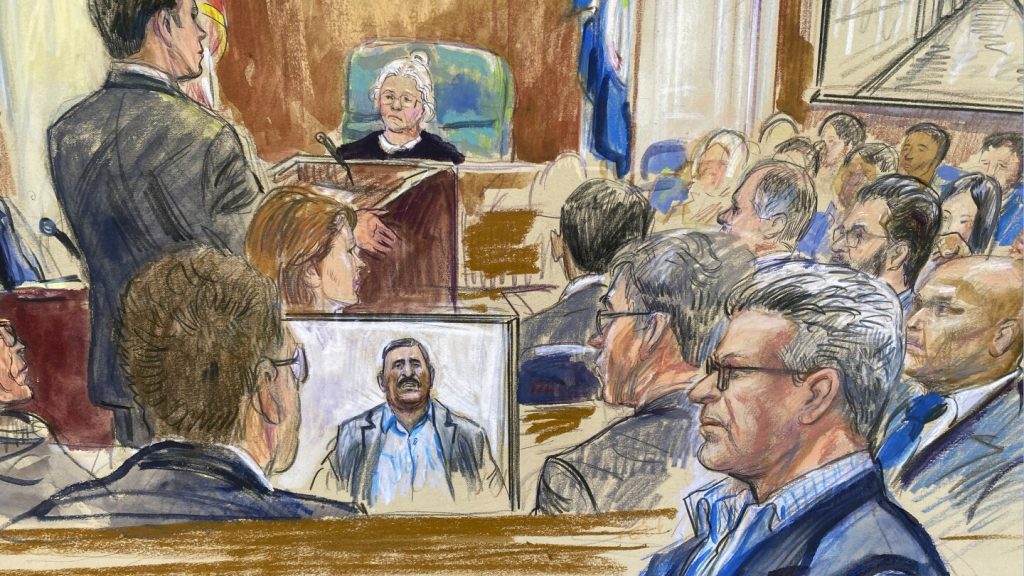A civilian contractor assigned to work as an interrogator at Abu Ghraib prison in Iraq resigned within two weeks of his arrival, citing concerns about the mistreatment of detainees. The contractor, Rich Arant, sent an email to his corporate bosses in October 2003, expressing his worries about the handling of prisoners and predicting that violations of rules would likely continue. Despite his resignation and warning, CACI senior officials took no action. Subsequent investigations revealed horrific abuses at Abu Ghraib, including physical and sexual assaults, that continued for months until the Army launched an investigation in January 2004.
The trial in U.S. District Court in Alexandria has been delayed for 15 years due to legal battles, but it is the first lawsuit brought by Abu Ghraib detainees to be heard by a U.S. jury. In a pretrial hearing in 2021, U.S. District Judge Leonie Brinkema highlighted Arant’s email as pivotal evidence. CACI’s lawyers acknowledged that there was no follow-up to Arant’s resignation, but they argued that his email did not detail any abuses by CACI interrogators, only misconduct by Army soldiers. However, subsequent Army investigations found that some CACI interrogators engaged in detainee abuse, such as using unauthorized dogs and forcing detainees into stress positions.
Jurors in the trial heard taped testimony from retired Maj. Gen. George Fay, who led one of the investigations. CACI lawyers questioned Fay about linking the abuses involving CACI contractors to the plaintiffs in the case, but Fay could not establish a direct connection. The plaintiffs argued that CACI interrogators contributed to the overall abusive environment at Abu Ghraib by encouraging military police to mistreat detainees. The trial progressed quickly, with the plaintiffs resting their case and the first defense witness, Steven Stefanowicz, testifying through a recorded video deposition.
Stefanowicz, one of the three CACI interrogators accused of wrongdoing in Fay’s report, denied some of the specific findings against him. He claimed that his work was closely supervised by the Army and that his interrogation plans were approved by the chain of command. However, heavily redacted interrogation reports suggested that Army officers approved the use of dogs and loud music to induce sleep deprivation. Stefanowicz denied using dogs in his interrogations and asserted that his interactions with detainees were limited. Conflicting evidence emerged regarding Stefanowicz’s actions, with some testimonies alleging his presence and instructions on how to abuse prisoners.
The plaintiffs’ lawyers argued that CACI interrogators contributed to creating an abusive environment at Abu Ghraib, while CACI maintained that liability should only be assigned if there is proof of direct involvement in detainee abuse. The trial shed light on the complex dynamics between military contractors, soldiers, and detainees at the notorious prison, raising questions about accountability and oversight. The case underscores the challenges of holding private contractors accountable for human rights abuses in conflict zones and emphasizes the importance of oversight and accountability mechanisms to prevent such atrocities in the future.


